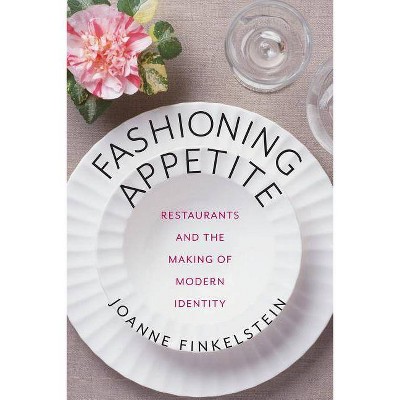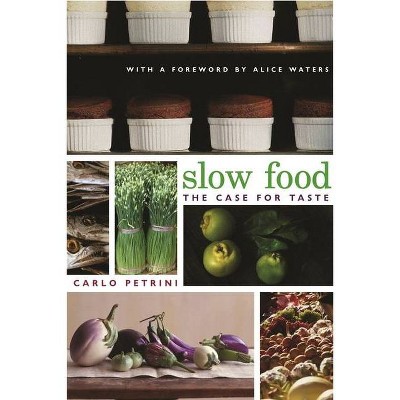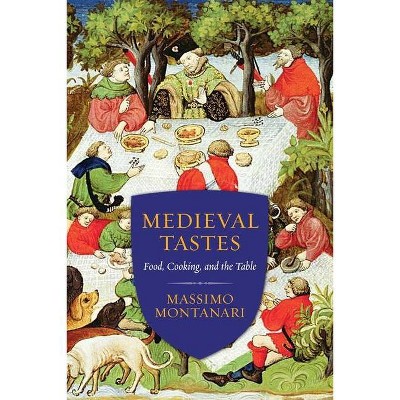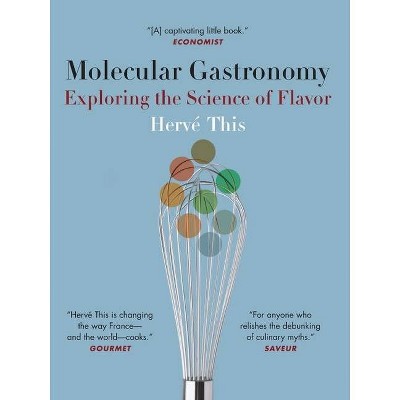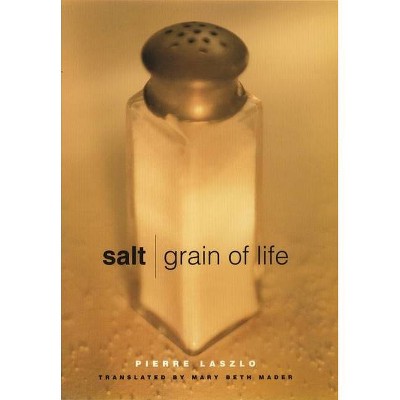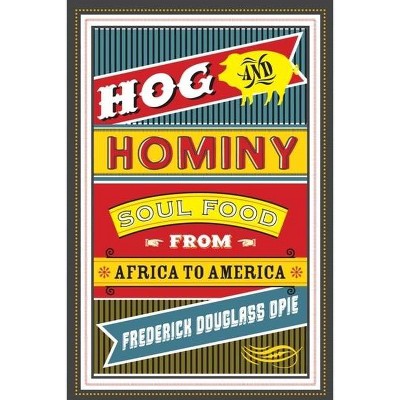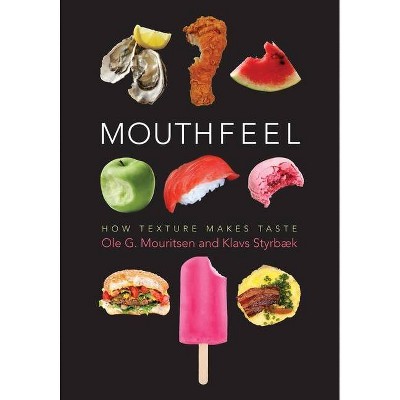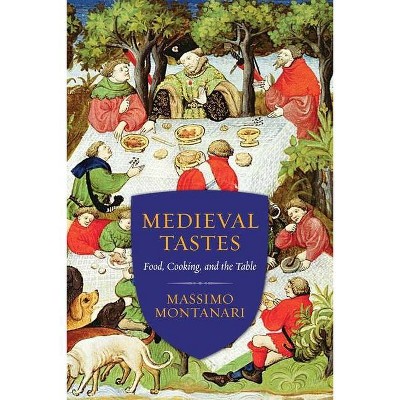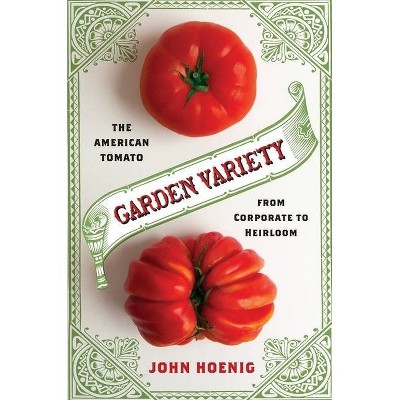Epistenology - (Arts and Traditions of the Table: Perspectives on Culinary H) by Nicola Perullo (Paperback)
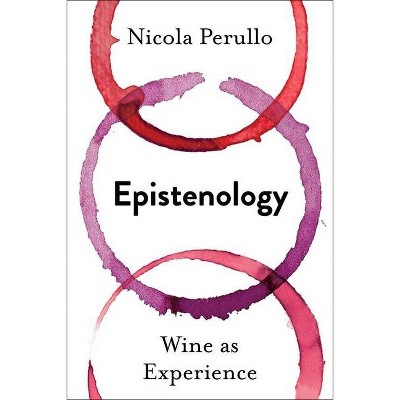
Similar Products
Products of same category from the store
AllProduct info
<p/><br></br><p><b> About the Book </b></p></br></br>In <i>Epistenology</i>, Nicola Perullo argues that wine comes to life not in the abstract space of the professional tasting but in the real world of shared experiences. Interweaving philosophical arguments with personal reflections and literary examples, this book is a journey with wine that shows how it makes life more creative and free.<p/><br></br><p><b> Book Synopsis </b></p></br></br>We think we know how to appreciate wine--trained connoisseurs take dainty sips in sterile rooms and provide ratings based on objective knowledge and technical expertise. In <i>Epistenology</i>, Nicola Perullo vigorously challenges this approach, arguing that it is the enjoyment of drinking wine as an active and participatory experience that matters. <p/>Perullo argues that wine comes to life not in the abstract space of the professional tasting but in the real world of shared experiences; wines can change in these encounters, and drinkers along with them. Just as a winemaker is not simply a producer but a nurturer, a wine is fully known only through an encounter among a group of drinkers in a specific place and time. Wine is not an object to analyze but an experience to make, creatively opening up new perceptual possibilities for settings, cuisines, and companions. <p/>The result of more than twenty years of research and practical engagement, <i>Epistenology</i> presents a new paradigm for the enjoyment of wine and through it a philosophy based on participatory and relational knowledge. This model suggests a profound shift--not knowledge <i>about</i> but <i>with</i> wine. Interweaving philosophical arguments with personal reflections and literary examples, this book is a journey with wine that shows how it makes life more creative and free.<p/><br></br><p><b> Review Quotes </b></p></br></br><br>This book is a distinctive, original work with a take on wine that you will not find elsewhere, and many wine lovers will be inspired by the sweeping vision of what wine appreciation can be.--Dwight Furrow "3 Quarks Daily "<br><br>How can we open our hearts and minds to earth and sky, to sunshine and clouds, to fresh leaves and the fruits of the vine? How can we think, and know, from within the fullness of our being? To drink the very world we inhabit, to enmesh our lives with its threads, feel its pulse: all this, says Nicola Perullo in this intoxicating book, is the task and the promise of wine. Bringing wine to life, Perullo concocts an exuberant and wonderfully liberating potion of philosophy uncorked.--Tim Ingold, author of <i>The Life of Lines</i><br><br>Nicola Perullo's <i>Epistenology </i>both challenges and invites us to join him on a journey of experiencing with wine. Passionate, bold, brave, and at times taking risks, he urges us to be fully present in our engagement with the world, including wine. By sharing the process of doing and undergoing in the Deweyan sense, he invites us to celebrate life by practicing 'wine as experience.'--Yuriko Saito, author of <i>Aesthetics of the Familiar: Everyday Life and World-Making</i><br><br>Perullo contests the notion that varieties of wines (Merlot, Cabernet, etc.) are fixed ontological elements. Undazzled by flavor wheels that look 'like peacocks, ' Perullo describes what really counts--just how we can experience wine freshly on each new occasion. His epistemological perspective guides us in attuning to the dynamic character of wine. Refusing to adhere to any predetermined 'terroir, ' envisioned as an abstraction or an obligation, he keeps the reader connected closely with what is most present by liberating us from what is restricting about our own rationality.--Kenneth Liberman, author of <i>Practical Buddhism: Living Everyday Life</i><br><br>Perullo wants to know wine by participating in it, by forming relations with it, by giving subjectivity its place of honor, by acknowledging a debt to pleasure. He's produced a radical challenge to Anglophone sensibilities about wine and, indeed, about <i>knowing</i>.--Steven Shapin, author of <i>Never Pure: Historical Studies of Science as if It Was Produced by People with Bodies, Situated in Time, Space, Culture, and Society, and Struggling for Credibility and Authority</i><br><p/><br></br><p><b> About the Author </b></p></br></br>Nicola Perullo is a philosopher and professor of aesthetics at the University of Gastronomic Sciences in Pollenzo, Italy. His books in English include <i>Taste as Experience: The Philosophy and Aesthetics of Food</i> (Columbia, 2016).
Price History
Price Archive shows prices from various stores, lets you see history and find the cheapest. There is no actual sale on the website. For all support, inquiry and suggestion messagescommunication@pricearchive.us

